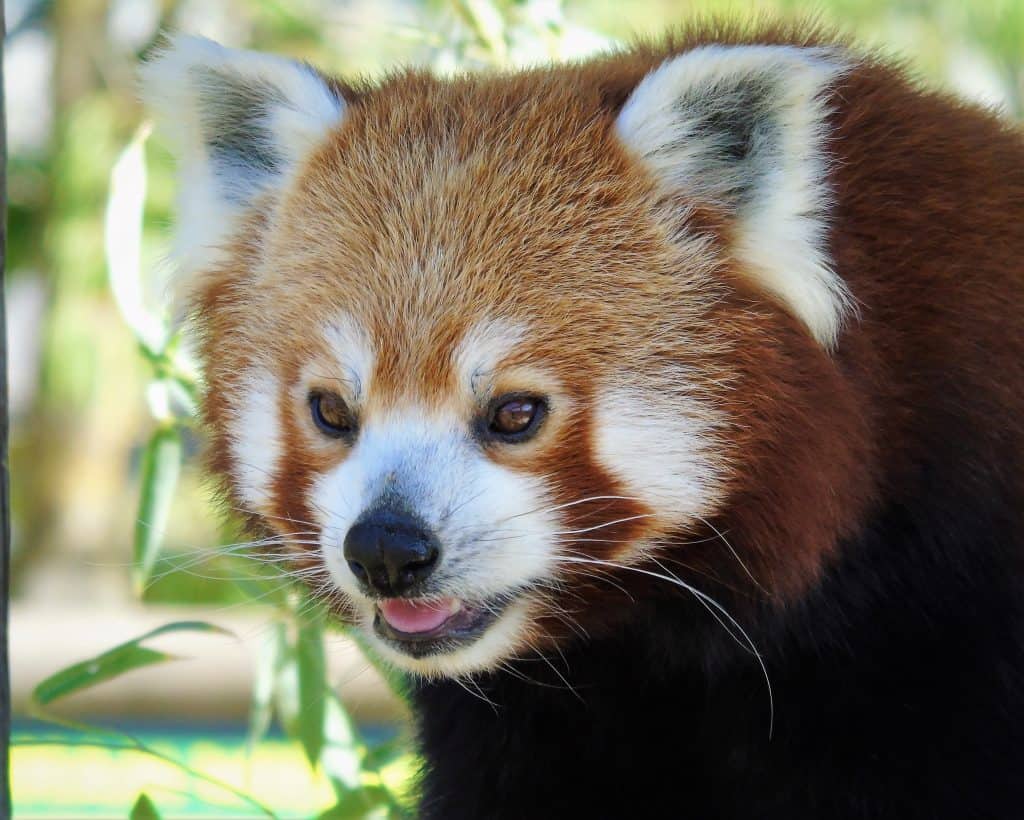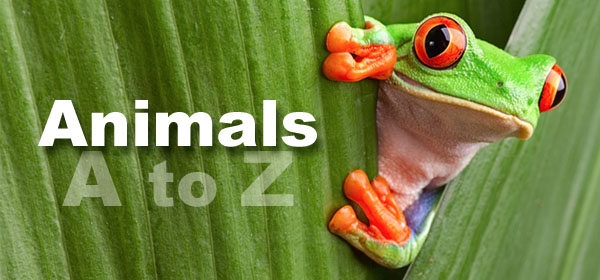January 12th is ‘Kiss a Ginger Day’ put in place to show appreciation to those with naturally red hair, which only accounts for around 2% of the world’s population. I thought I would latch onto this unofficial holiday for some of the natural redheads here at the park. All of which are likely to be well known to you. You can probably even guess who I’m going to say!
Sadly those who have ginger hair throughout history have often been persecuted. They have been accused of witchcraft and even nowadays often face being teased. Here at Wingham however, ours are usually revered by all who see them for they are all magnificent. That is normally because it is animal lovers who visit our park. Unfortunately their wild counterparts do not enjoy the same admiration or it is often misplaced.
Tigers
As a carnivore keeper I must say the obvious two for me are Troy and Blade. Our resident tigers receive lots of praise and do so readily. Sadly anyone who has come to the tiger talk at 2:30 will know there are three big ways they are struggling in the wild.
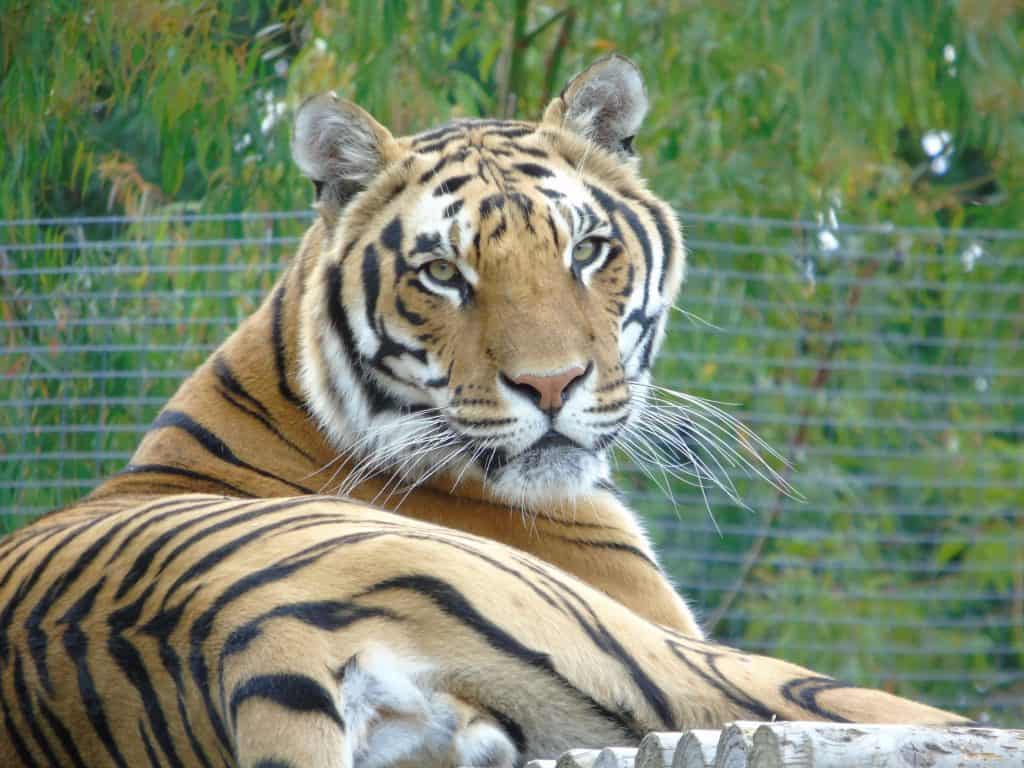
Habitat loss and fragmentation affects pretty much all animals and definitely all the ones I mention today. Basically, it means we are running out of wilderness and what is left is becoming more and more isolated making it harder for animals to find mates and food among other things.
Their fur which we all love is also exploited as some people would rather have it as decoration which considering we are able to make excellent fake versions is especially tragic.
Traditional Chinese medicine also plays a part. It’s not all forms or used by all in China but in some cases animal products are used for medicinal purposes. In the case of the tiger pretty much all parts are used including bones. Tiger bone wine is considered a cure for pretty much everything. Most of these have been tested scientifically and no evidence has ever been found to support it.
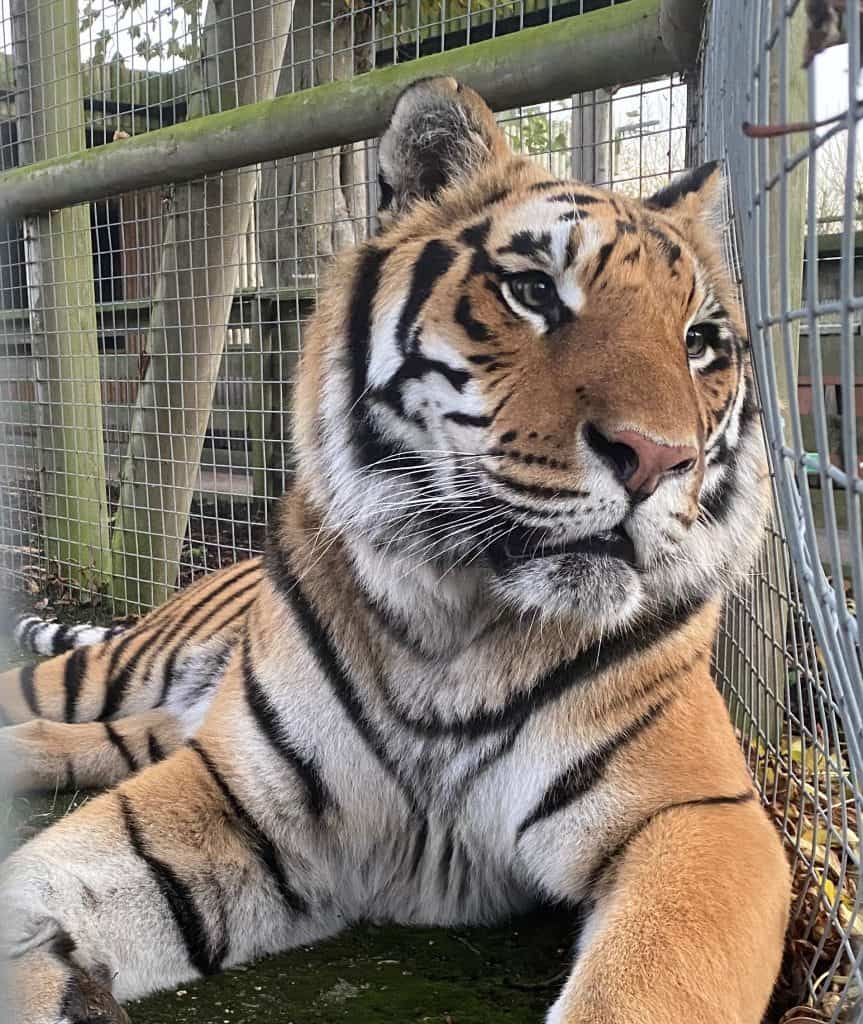
Orangutans
Other true gingers are our orangutans, Molly, Jin and Belayan. They’re real characters who share around 96.4% of our genes. They represent all their wild cousins who desperately need our support. The Tapanuli orangutan was only described as a separate species in 2017 and there are only an estimated 800 left in the wild.
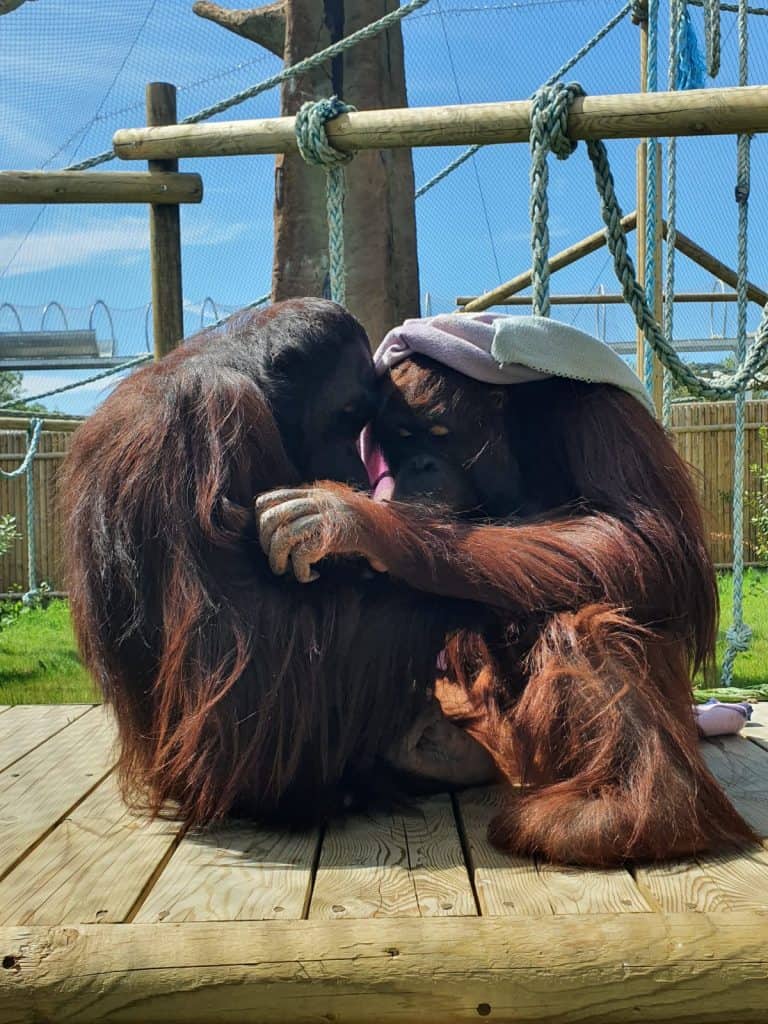
Probably the most well known reason these guys are losing habitat is for palm oil which is found in a wide variety of products. Timber and mines are also decimating their forests.
Along with habitat loss they also suffer from,
- being hunted for meat
- retaliation for raiding crops which they are forced to do because they can’t find enough wild food.
- Infants who are found after their mother is killed are taken and sold as pets.
On my own trip to Sumatra I saw a young orangutan being rehabilitated to go back into the wild. When she first arrived she was dressed like a little girl. She would not have been accepted by other orangutans with clothes on. I was told she acted as if she was naked once they were removed.

Red Panda
Lastly the Red Panda because let’s face it who wouldn’t want to think about those little faces. According to the red panda network their wild population has declined by 50% in the last 20 years. Their habitat is being destroyed by livestock herders cutting down trees for sheds and fuel. Their livestock also trample bamboo and other plants the pandas rely on. Forest fires also contribute.
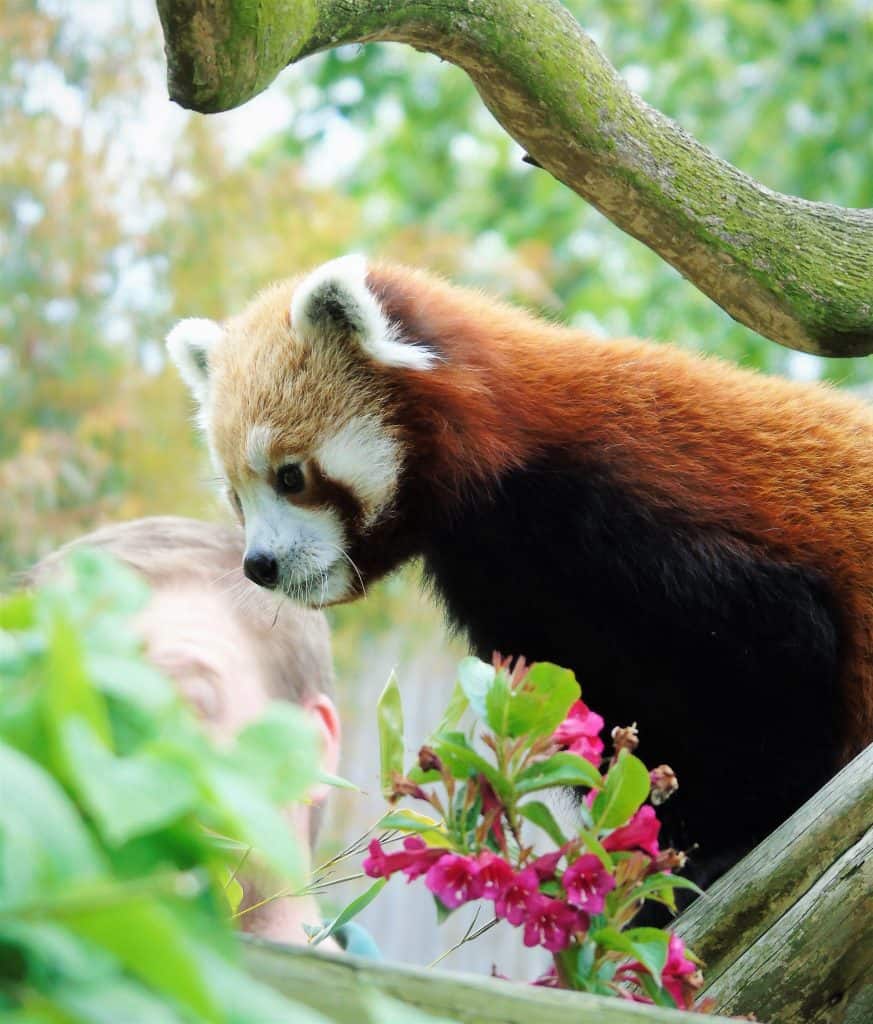
Free roaming dogs who are there to protect the livestock from predators will also kill the red panda. They also spread disease to them. Canine distemper virus is fatal to red pandas and there are a number of gastrointestinal parasites which are also spread by the dogs.
There are only an estimated 2,500 red pandas left in the wild.
It is important that we act now to protect these animals and to do this the best way is to protect valuable habitat. The World Land Trust amongst others are helping to protect critical rainforest around the world. Here at WWP we support the WLT with donations to protect crucial habitats in Asia. Plus many other organisations are also fighting out in the field to ensure our beloved animals have a future alongside us.
